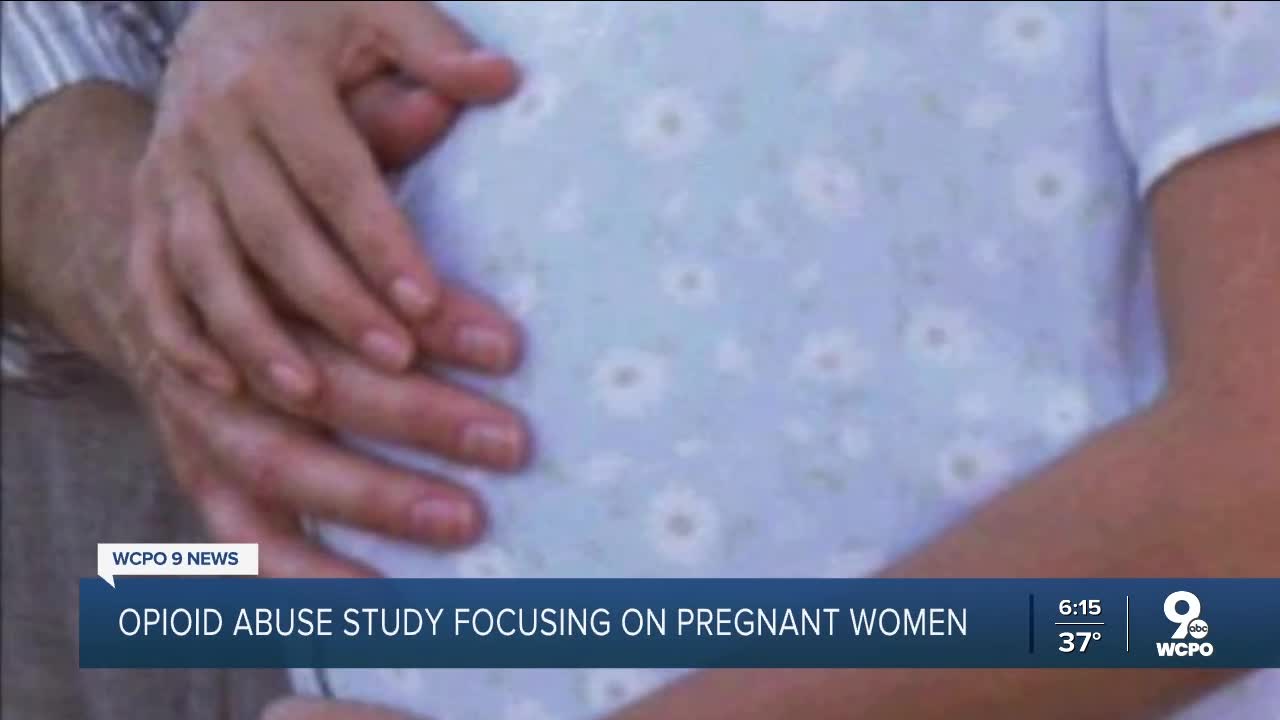CINCINNATI — UC Health is seeking participants in a rare drug abuse study for an opioid addiction treatment that could weaken withdrawal symptoms and increase the likelihood of recovery.
What makes it so rare? Participants must be women who are pregnant.
The national rate of babies born with complications of addiction grows higher and darker each year, according to Dr. Christine Wilder, an addiction psychiatrist and associate professor at the University of Cincinnati College of Medicine. Because treatment studies usually exclude participants who are pregnant, that can mean fewer options for those who are suffering from an addiction and subsequent withdrawal while expecting a baby.

"Medicine is not typically tested on pregnant women, because we like to be extra careful," said Wilder, who is also the clinical director of the university's addiction sciences division. "So if we have a treatment that we know might be more effective, but it's not actually been tested in pregnant women, people tend not to want to use it."
Kentucky is among the states struggling the most, Wilder said.
That's why Wilder and her program have embarked on the 20-month study. The drug they're studying -- buprenorphine -- isn't new, but the way test subjects are taking it is. The drug is usually administered daily under the tongue, but this method is known to produce side effects that sometimes outweigh the intended benefit.
The study, funded by the National Institutes of Health, will examine the drug's effectiveness when injected on a weekly basis. The study will administer the injections for 25 women from the Tri-State area along with another 300 from around the U.S.
For Wilder, who sees her own pregnant patients struggle, the study is personal, and she is eager to share her findings with other psychiatrists and physicians across the country -- especially given the extra stigma that surrounds addiction cases when they involve expecting mothers.
"They're also a group, unfortunately, that gets more discrimination than the average person who suffers from substance use problems because there is some added expectation that if you are pregnant you should be able to stop using," Wilder said.
In this way, she said, the results won't just be theoretical but could have real-life impact on the lives of women facing this struggle.
"If they are successful (in recovering), then they have great success for themselves and also their children. And so you've got this time of life where making a difference is really important not just for one person but for a whole family," Wilder said.
Those who feel they could qualify for the study can find more information at UC Health's website here.




